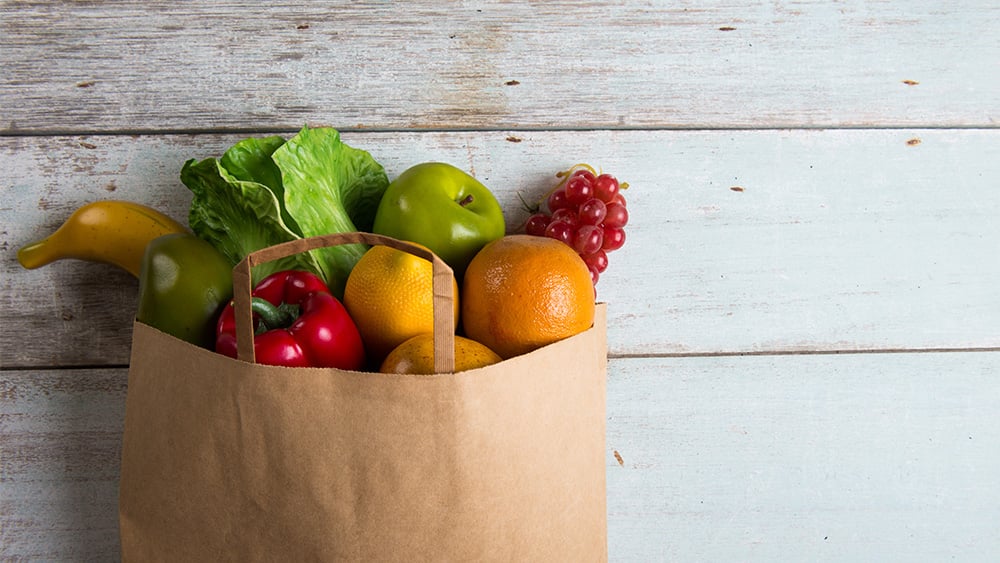Everyone is excited about the addition of Weis Markets in Brunswick Crossing, Maryland, and we do not blame them! While we prep to begin construction, homeowners can brush up on a few grocery commandments, including how to properly store and take care of produce, meat, canned items, and more. Here is Ryan Homes at Brunswick Crossing’s handy guide:
Clean the fridge. Kitchens are hard to take care of. However, as one of the most used rooms in your home, it is important to keep it clean, especially the refrigerator. It prevents questionable odors from tainting your groceries and cross-contamination from spills. Homeowners should also make sure that the shelves are not overstuffed. This prevents air circulation, which is key to keeping food cool and fresh for longer.
Put things in the right places. While there are exceptions, like avocados and stone fruits can be placed on to counter until ripe and fridge-ready, the counter or pantry is mainly for the following:
- Root veggies
- Winter squash
- Garlic
- Onions
- Tomatoes
- Citrus fruit
- Bananas
- Melons
- Non-dairy baked goods
- Apples (for up to 1 week)
- Honey
- Peanut butter
- Pineapple
- Watermelon
- Eggplant
- Peppers
The fridge and freezer are for:
- Meats
- Fish
- Dairy products
- Dairy-based baked goods
- Leafy greens
- Summer squash
- Beans
- Celery
- Grapes
- Cruciferous veggies
- Berries
- Corn
- Mushrooms
Know when to throw things out. Julie Garden-Robinson, a food and nutrition specialist at North Dakota State University, created a comprehensive Food Storage Guide that intricately details a timeline of each grocery item, what expiration dates really mean, and how to handle baby food before it goes bad. Download it here.
Throw away rotten food. It is easy to see when food is rotting, but many homeowners make the mistake of picking off the rotten piece and continuing to eat the food. If you find a moldy corner of cheese, fuzzy bread crust, or bad apple, throw the whole item out before it contaminates everything else.
Use the right container. The supermarket’s plastic bags are bad for the environment, and it does not do your food any favors. As a general rule of thumb, homeowners should keep the food in its original packaging until you are ready to use it. After that, follow these rules:
- Use plastic wrap, aluminum foil, and double-zipper plastic bags for all produce, herbs, and meats.
- Try small, flat Tupperware, glass, and disposable plastic containers for leftovers, sauces, and gravies.
- Remove hard cheeses from wrappers and place in parchment or wax paper, at which point it is a good idea to put them in a plastic bag.
- Keep fresh bread in its bag on the counter.
- Put mushrooms in a paper bag in the refrigerator.
Do not wash your produce immediately when you get home. Moisture speeds up mold and decomposition, so it is best to wait to wash everything when you are ready to use it. If you must wash the produce, make sure you completely dry it off before placing it in the refrigerator. You can even put them in a paper towel to absorb excess moisture.
Never wash poultry or other meat. The United States Department of Agriculture says that there is zero chance that homeowners will clean the food off of bacteria, but there is a great likelihood that you will spread germs around your sink and countertop.
Buy groceries in season and locally. Thankfully, Weis Markets offers locally grown produce and more from Maryland’s freshest farms. This helps avoid artificial preservation, which means it will last longer in Brunswick Crossing’s kitchens.



